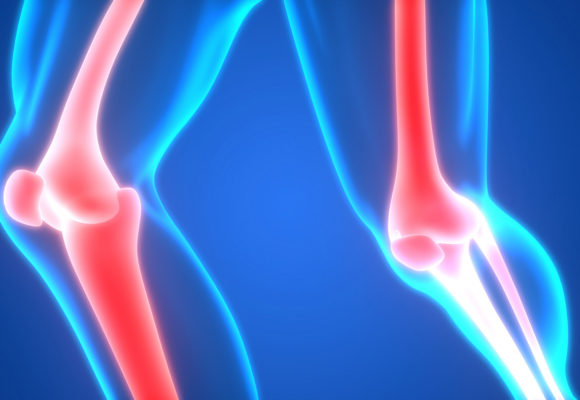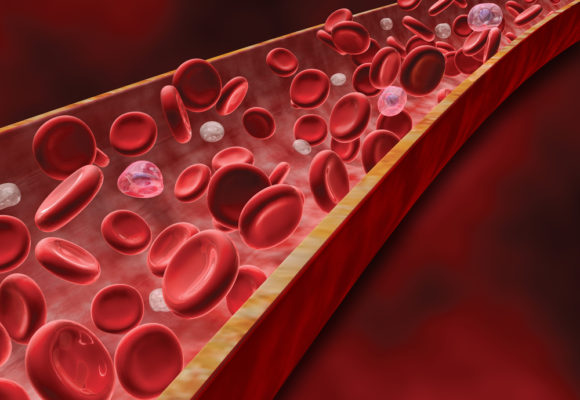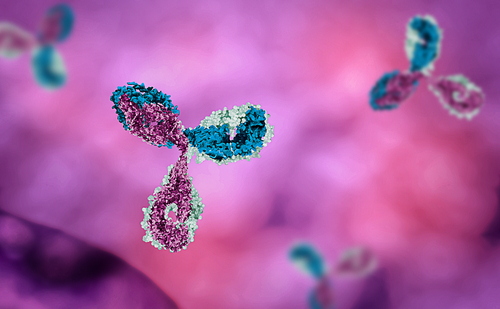This post was originally published on this site Cumbersome security procedures, rising airfares, and shrinking legroom have made commercial air travel difficult enough these days — even for healthy passengers. Imagine how much harder it is for patients with rare diseases who must get to doctors’ appointments or clinical trials that are hundreds of miles…
About Alzheimer’s Disease
Walking into a room and forgetting why you went into the room is normal. Walking into a room and forgetting what room you are in is not normal. Alzheimer’s disease is the most common form of dementia and affects one in ten people over the age of 65. Unfortunately, the exact cause of Alzheimer’s disease is not fully understood however leading scientific experts in the field attribute the illness to the irreversible and progressive generalized degeneration of the brain. Alzheimer’s disease goes well beyond the forgetfulness that may accompany aging, and typically first signs include difficulty remembering current information or performing new tasks. Ongoing hallmark symptoms include impaired memory function, difficulty performing everyday tasks, and neurobehavioral abnormalities. Currently, there is no known cure for Alzheimer’s disease, and multi-disciplinary treatment focuses on symptom management and limiting progression.
Conditions
Alzheimer’s News
Long-term Treatment with Thiazide Diuretics May Lower Risk of Bone, Hip Fractures, Study Suggests
This post was originally published on this site Long-term use of thiazide diuretics — a hypertension medication — may lower the risk of bone fractures, particularly hip fractures, in people with Alzheimer’s, a disease with a high risk of fractures due to falls, a Finnish study suggests. The study, “Long-term thiazide use and risk of…
Panic at the Disco
This post was originally published on this site Caring for a loved one as they battle dual terminal illnesses can be overwhelming, an experience filled with sadness, so I was thrilled when my aunt said that she was coming to town to visit for the weekend. I imagined the two sisters bonding over old memories…
Simple Blood Test May Become Useful Biomarker of Alzheimer’s Progression and Treatment Response, Study Suggests
This post was originally published on this site Blood levels of a nerve cell-derived component, known as neurofilament light chain, could be used as a biomarker of disease severity and treatment response in patients with Alzheimer’s disease, a study suggests. The study, ”Association Between Longitudinal Plasma Neurofilament Light and Neurodegeneration in Patients With Alzheimer’s Disease,”…
Good Health Is Crucial to Caregiving
This post was originally published on this site A recent study conducted by Johns Hopkins University indicates that caregivers aren’t nearly as susceptible to poor health as once believed, as providing care has no more significance on a caregiver’s immune system than any other job. For years, caregivers have seen studies that reached the opposite…
Researchers Create Human-like Antibody for Treatment of Alzheimer’s, PSP
This post was originally published on this site Tau bio-logic and LifeArc researchers have generated a human-like antibody called TBL-100 for the treatment of Alzheimer’s disease (AD) and progressive supranuclear palsy (PSP). An antibody is a large Y-shaped protein that’s naturally produced in response to invading foreign particles (antigens) such as viruses. A humanized antibody refers…
New Model of Blood-Brain Barrier May Aid in Predicting Therapies Able to Best Treat Patients, Scientists Say
This post was originally published on this site A cellular model that simulates the blood-brain barrier — a membrane that protects against viruses or other insults entering through the blood stream — may help in understanding how potential treatments for neurological diseases like Alzheimer’s could better cross that barrier to reach the brain and central nervous system,…
When to Take the Driver’s Seat with Dementia Caregiving
This post was originally published on this site Caring for someone with dementia as they lose independence is challenging, especially when the loved one is your parent. Parents are accustomed to guiding their children throughout their lives. When the roles are reversed, it is often difficult for both the patient and the caregiver. Knowing when…
Cognitive Training Improves Reasoning and Memory in Adults with Mild Impairment, Pilot Study Finds
This post was originally published on this site Cognitive training alone — without the use of direct brain stimulation — may significantly benefit adults with mild cognitive impairment, a known risk factor for Alzheimer’s disease, a pilot clinical study reports. The study, “Cognitive Training and Transcranial Direct Current Stimulation in Mild Cognitive Impairment: A Randomized…
Anti-Inflammatory Naproxen Fails to Prevent Alzheimer’s Progression, Phase 2 Trial Confirms
This post was originally published on this site Treatment with naproxen, an anti-inflammatory medication, failed to prevent the progression of Alzheimer’s in individuals at risk of developing the disease, results from a Phase 2 clinical trial show. The results, “INTREPAD: A randomized trial of naproxen to slow progress of presymptomatic Alzheimer disease,” were published recently…
After Her Big Decision, Mom Just Lets the Good Times Roll
This post was originally published on this site When my mom was diagnosed with terminal uterine cancer, she was displeased to say the least. Being diagnosed with Alzheimer’s disease just after witnessing her mother pass away from the terrifying disease in 2014 did not exactly bring out the sunshine, either. But she suddenly saw terminal…
Toll of Family Caregiving on Health is Much Smaller Than Previously Reported, Study Suggests
This post was originally published on this site While caregiving for people with Alzheimer’s and other disorders has a significant detrimental impact on caregivers’ immune system, the association is weak — less than 1% — and may not carry clinical significance, a new study shows. “We’re not saying that family caregiving can’t be stressful, but…













